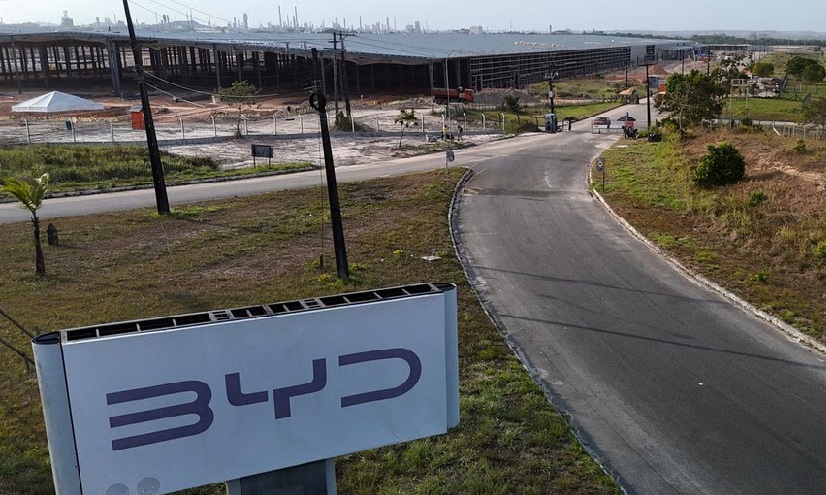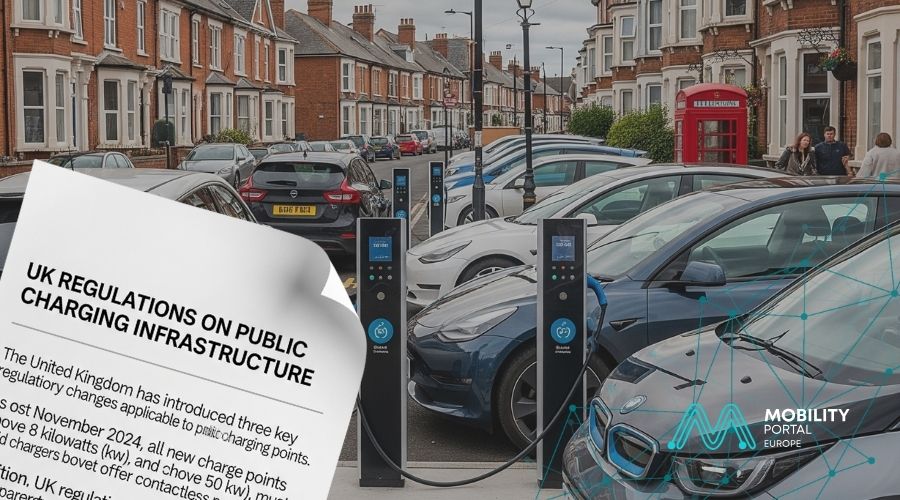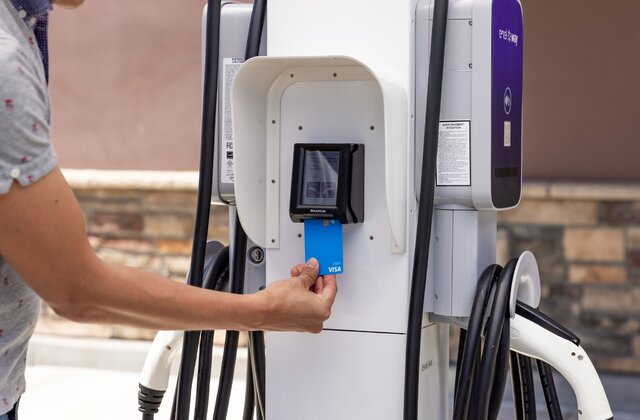Chinese electric vehicle (EV) giant BYD is considering Germany for a possible third assembly plant in Europe, a source familiar with the matter told Reuters.
Chinese automakers are looking to set up manufacturing and assembly plants in Europe as they seek to sell more lower-cost cars in the region to challenge European competitors as demand slows in the Asian country, the world’s largest car market.
They also want to avoid the import tariffs the EU imposed on China-made electric vehicles last year.
Executive vice-president Stella Li said in an interview earlier this month with Automobilwoche that BYD was considering a third facility to serve the European market in the next two years – in addition to the two it is building in Hungary and Turkey – but she did not say where.
The source said Germany is BYD’s top choice, although the matter is being questioned internally because of the country’s high labour and energy costs, low productivity and low flexibility.
No final decision has been taken yet.
BYD did not immediately respond to a request for comment.
The company is considering Western Europe for a third plant because it wants to build brand recognition and acceptance among European customers as a local manufacturer, the source said.
But the company is also adhering to a directive from Beijing not to invest in countries that supported the import tariffs, the source said.
This means BYD is currently discounting some EU member countries, including Italy and France, because they backed the tariffs.
Reuters reported in January that Chinese officials and automakers are examining some German factories that are expected to close, particularly Volkswagen sites .
Read more:
-
UK regulates chargers but users warn: “Rules are not keeping pace with EV purchase targets”
The UK has introduced three public charging regulations and a fourth is coming, but the e-mobility sector warns they are slow to implement and still exclude key user groups.
-
“Abuse of dominant position”: Italy fines Enel X €2 million
The AGCM found that Enel X was charging a wholesale price to competing EMSPs that was so high it made it impossible for them to compete profitably with Enel’s own retail prices offered to end-users on its app.
-
EU pushes to cut tariffs on US-made cars starting 1 August
Washington will take steps to reduce the current 27.5% U.S. tariffs on cars and car parts, a huge burden for European carmakers.










